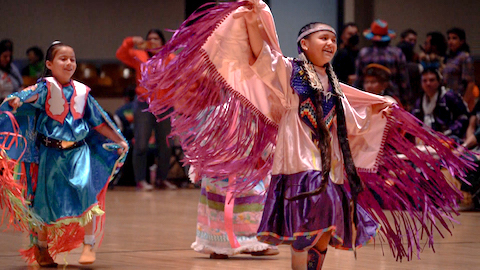
18 Nov Richmond Powwow Celebrates 15 Years, Honors Laguna Pueblo, Acoma People

Native Americans celebrated their cultures and unity among tribes with song and dance at the 15th Richmond Powwow on Nov. 8.
Story and photos by Denis Perez-Bravo
Drums pounding like heartbeats echoed throughout the Richmond Memorial Auditorium as Native Americans sang and danced from morning until sunset, celebrating the 15th annual Richmond Powwow Contest in honor of the people of the Santa Fe Native American villages.
Dozens of tribes showcased their traditional dances to the rhythms of drumming groups throughout the day on Nov. 8. Spectators filled the hall, cheering for contestants, browsing Native-made crafts and jewelry for sale, and eating free meals provided by the Richmond Powwow Committee.
- Drums provided the rhythm for the traditional Native dances performed at the Richmond Powwow.
Held in observance of National Native American Heritage Month, this year’s powwow paid tribute to the Laguna Pueblo and Acoma people who once lived and worked in the Santa Fe Railway Company’s train yards in both Barstow and Richmond.
“We survived,” said Laguna Pueblo elder Ruth Hopper.
Hopper and fellow elder Adrian Whitecloud spoke about life in the Santa Fe Village boxcar communities built when Native American families relocated from New Mexico to work for the railway.
Hopper was among many who arrived at the Richmond terminal at one end of what is now Macdonald Avenue in the 1920s.
Residents turned the small, windowless boxcars, which were equipped with running water and stoves, into homes. Hopper recalled a vibrant and close-knit community.
Inside the village, Laguna Pueblo and Acoma families preserved their traditions, holding private ceremonies behind sheets hung for privacy, Hopper said. Outside those walls, she remembered living among many different tribes, each sharing parts of their culture.
- Laguna Pueblo elder Ruth Hopper, right, grew up in Richmond’s Santa Fe Village boxcar community, where Native people from different tribes shared parts of their distinct cultures with each other.
Whitecloud’s family lived and worked in the Santa Fe boxcar village in Barstow, several hours south.
“I was born in boxcar No. 1,” he said.
He visits the site occasionally but said it’s now “a big empty spot” with no trace of his former home.
Whitecloud also remembered traveling by train from Barstow to Richmond, with three train cars full of Native workers, to play baseball against their counterparts.
That intertribal connection extended beyond the railway villages, said Richmond Powwow Committee Chair Courtney Bearquiver. She described a history of rich Native presence across Northern California and the Bay Area.
She recalled seeing old photos of her uncle, Roy Hopkins, and her Arikara grandmother, Maddie Themein, in 1980s parades down 23rd Street and at local powwows.
According to the West County Neighbors publication, Richmond hosted its first documented powwow in 1985, when 30 tribes gathered at Ells High School, now Lovonya DeJean Middle School.
- Dancers of different ages, genders and tribes performed together at the Richmond Powwow.
In 2009, Bearquiver said she felt called to “reawaken” that spirit after attending several funerals for young Native people who had taken their own lives and speaking with others who felt disconnected from their heritage.
Plains tribes, she said, were familiar with powwows but had not organized one in Richmond. So she reached out to Hopper, then a recent UC Berkeley graduate who had experience hosting powwows in Berkeley.
Bearquiver spent months learning from Hopper, asking questions and exchanging stories as she planned Richmond’s first modern powwow. With a growing team, she officially formed the Richmond Powwow Committee.
Fifteen years later, she said, Richmond remains a “constant place” where Native people can gather and celebrate their culture.
“I wanted to restart the powwow to bring back the pride — remind them who they are,” Bearquiver said.
- “If we don’t have powwows here, then how would we get to know our people?” asked Richmond Powwow Contest Princess Caliana Gonzalez, a member of the Apache tribe.
Among this year’s leaders was Richmond Powwow Contest Princess Caliana Gonzalez, a member of the Apache tribe. Gonzalez has represented Richmond at powwows across Northern California and said she takes pride in sharing Apache culture while promoting unity among all tribes.
She also competed in the fancy dance category and said she deeply valued this year’s recognition of the Laguna Pueblo and Acoma people.
“It is important to teach history in the powwow because you can see different tribes coming together and how much they are like family to each other,” Gonzalez said. “That means a lot to me because if we don’t have powwows here, then how would we get to know our people?”



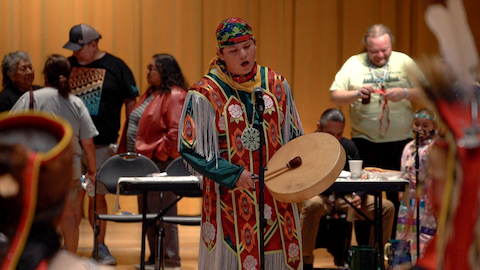
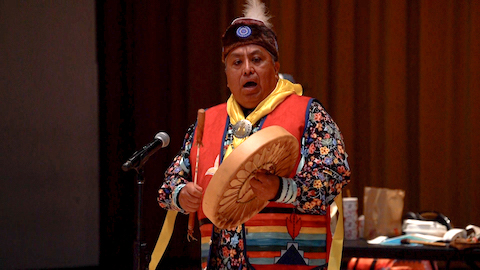
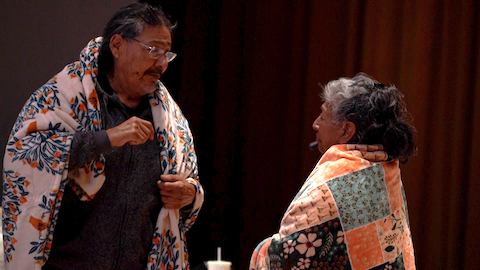
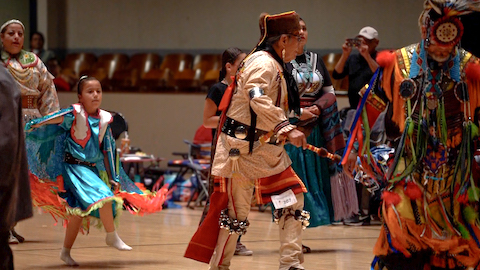
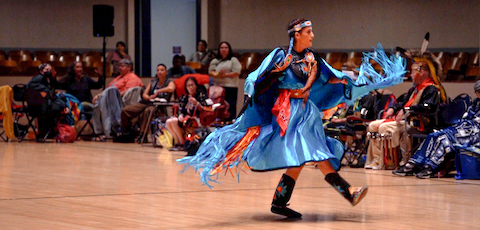
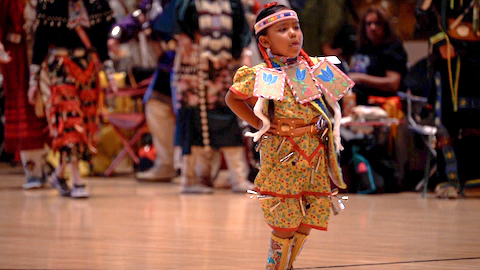
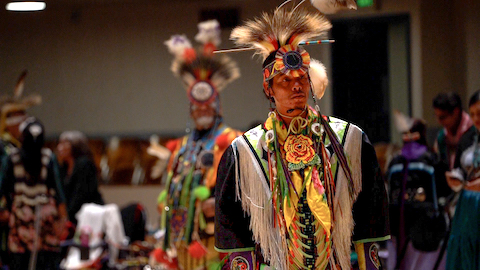
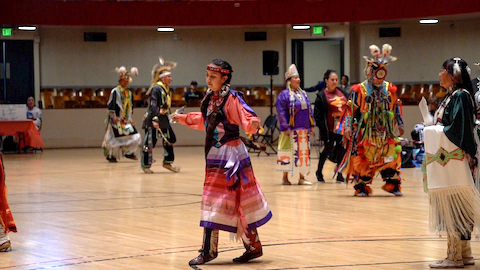
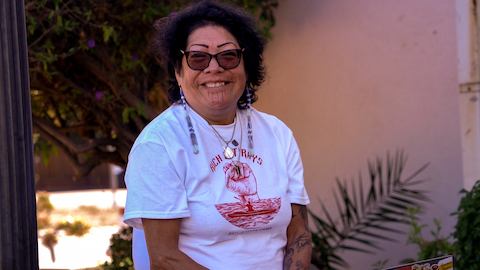

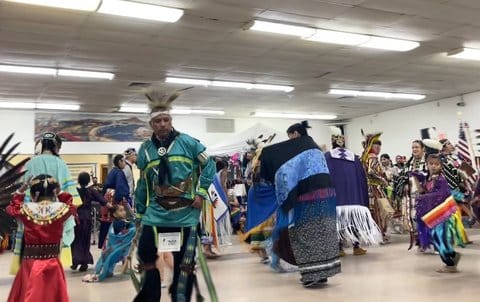
No Comments